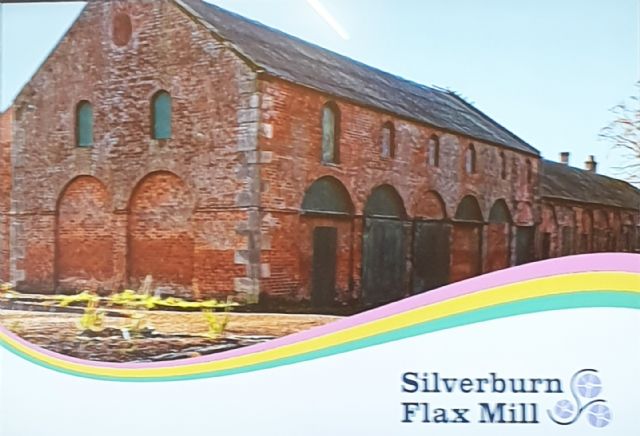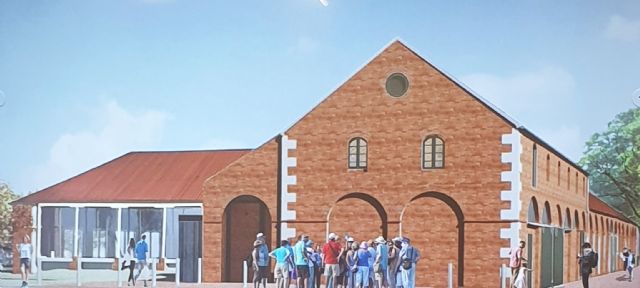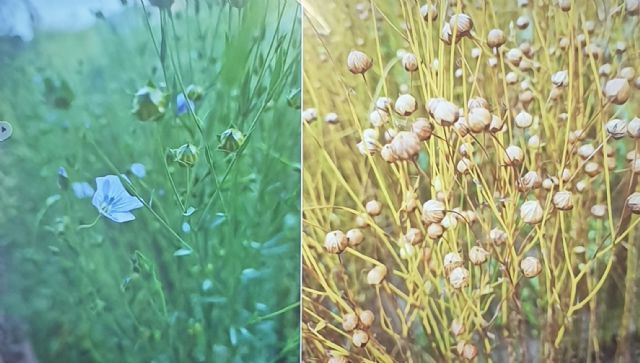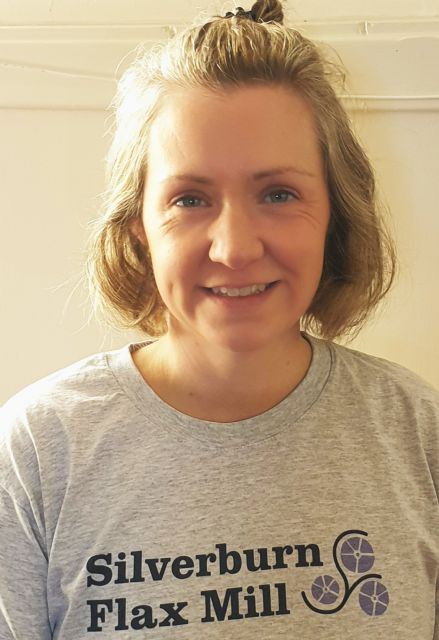24th September 2025
OFFICE BEARERS
CHAIRMAN
David Martin
Tel. 07597 301748
DEPUTY CHAIRMAN
John Parker
Tel. 07970 568425
SECRETARY
Allan Black
Tel. 07512 022949
TREASURER
Duncan Pickard
Tel. 01334 870203
TALKS CONVENOR
Graeme Hogg
Tel. 01334 653043
COMMITTEE MEMBERS
Jim Lawrence
Maurice Shepherd
David Sinclair
ASSIST. SECRETARY
Vic Broad
ASSIST. TALKS CONVENOR
Bill Bowman
TALK RECORDERS
Vic Broad
Tony Miklinski
Brian Murray
Graham Pirie
...........................
Wednesday
8th October 2025
10.00am
Talk: 'Farming'
Presenter: Duncan Pickard
MEMBERS PAGE
To access the MEMBERS page enter your password in the box above
Club News
Secretary email: macblack.author@gmail.com
On 24th September in Castlehill Community Hall, our Chairman David Martin, welcomed the speaker for today, Fiona Young. Fiona is Silverburn Flax Mill Activities Co-ordinator and is responsible for engaging with the local community in the Flax Mill renovation. She travelled from her home near Dunfermline to be with us today.

Silverburn Flax Mill - present

Silverburn Flax Mill - future

Flax - flower and seed

Fiona Young
Silverburn Flax Mill
Our talk today was given by Fiona Young, based at Silverburn Park near Leven on the old Durie Estate. The land was feued from the Christie family by Cupar banker David Russell. Between 1850 and 1854, flax was imported from Russia until the advent of the Crimean War which brought an end to the import. He persuaded local farmers to grow the crop but the milling didn’t last much longer after that.
Fiona showed us samples of the crop and told us how it was grown, cropped and its uses in the linoleum industry at Kirkcaldy using the linseed oil. The retting or soaking process softened the fibres in the stems. These were then processed by further treatment in the shenk, shucking and heckling processes, the fibres removed were used in the linen trade to make linen and the finer Damask. The weaving was carried out elsewhere in Europe. Other products like rope, fibre glass and parachutes were made from the shorter fibres.
The working environment was a dangerous place for employees at a time of limited health and safety. However, records, held at St Andrews University, show the Russell family did compensate those injured.
The flax process lasted about 12 years, when it became unviable due to cotton and later synthetics. The family moved into papermaking at Tullis Russell. The mill was used as stables during WW1 and Polish Paratroopers were based there in WW2. It has also been used as a car store and a laundry by the family.
The B listed building was gifted to Leven Town Council but only to be used for the public. The building became derelict and will require a large amount of investment. However, Fife Employment Access Trust has won National Heritage money to renovate it and transform it into a visitor centre, café and artists studies. There will be a resident spinner and a storyteller giving the tourists the historical flax story.
After much discussion with members, Willie Lang gave the Club Vote of thanks.
Graham Pirie

